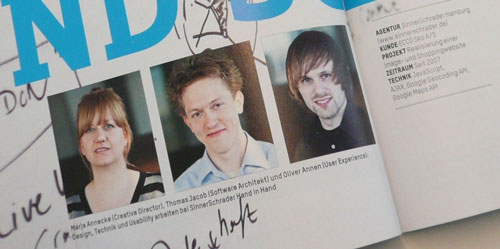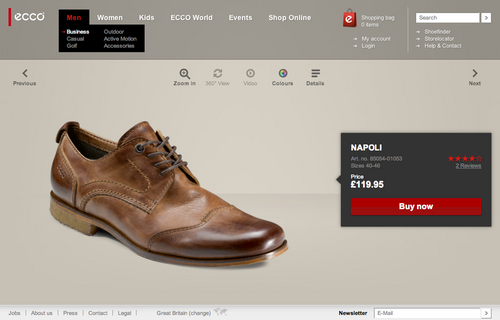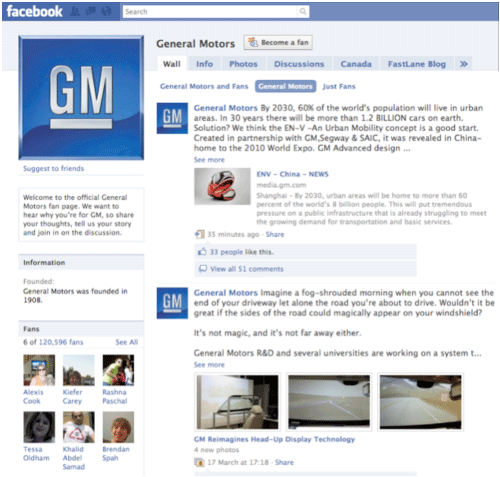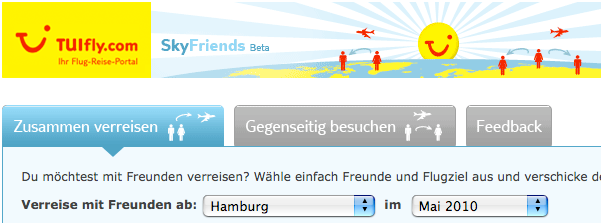
We hear a lot of hubbub these days on so-called Paid Content on the Web. This idea seemed to be more or less dead until rumours of the imminent iPad revived it a few months ago. Publishers now smell a breath of fresh air, betting hugely on Apple’s new geeky device and even on the WePad, at least in Germany.
To make things clear: I’m not opposed to the idea as such. Maybe there is a market for Paid Content on the Web. But this should be decided by the market itself, by consumers who might want to pay or not. It shouldn’t be forced unto them by publishers who once were herolds of the free market or maybe the so-called social market economy, as we like to say in German.
But, and that’s a huge but: The consumer already pays a lot for all kinds of digital content. This has been pointed out a lot of times, but publishers still don’t seem to get it. In the old days, old media were delivered to the consumer who just paid for his newspaper, magazine or cable TV subscription, as he still does today.
With digital media, this model has changed profoundly. Now the consumer pays for the delivery first, and at least in case of mobile media delivery, he still pays a lot of money just for the bandwidth. And just as he has learned with cable TV, the consumer expects most of the media content to be a part of the package he already pays for.
In this new world, publishers save a lot on distribution costs that now are paid for directly by the consumer. If publishers still want the consumer to pay for their content, they have to figure out an added value. It’s clearly not enough to just put the same lame old content behind a paywall and expect the consumer to happily pay a new bill. He already pays for the Web.
That kind of added value is not easy to figure out. Gazillons of start-ups struggled to come up with something the consumer would love to pay for. Most of them failed. Why on earth should traditional publishers be in a superior position? Do they know their consumers better? After watching this space for more than 15 years now (my first login to the Internet was in 1994), I seriously doubt it.











